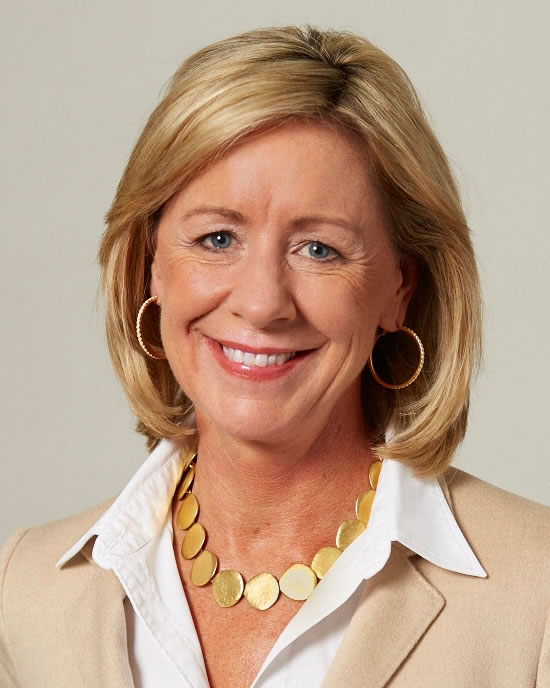Earl Bakken, the founder of Medtronic, who died recently at age 94, was a close friend and mentor. He greatly impacted my life both professionally and personally. First, by inventing the wearable pacemaker and marketing the first implantable pacemaker, he, in effect, extended my father’s life by several years. He is now on his fourth Medtronic pacemaker! Second, by helping me start a movement to humanize healthcare and spread a unique idea he had, now called Code Lavender, to help patients, families and clinicians cope with stress, emotional exhaustion and loss. When I was in residency, he told me only 20 percent of healing is linked to medical technology. The rest, he said, depends on addressing a person’s emotional, physical and spiritual needs, and he urged me to focus on that 80 percent in my work.
Spirit of Service
In the 1950s, pacemakers were unwieldy devices wheeled around on carts and plugged into a wall socket. One day Earl, a University of Michigan engineering graduate who had started a small business repairing medical equipment, received an unusual request from a heart surgeon at the university hospital. After a power outage was blamed for the death of a baby who was being kept alive on a pacemaker, the surgeon asked Earl whether he could build an alternative device that ran on batteries. Earl responded by creating a wearable device that was small enough to be taped to a patient’s chest. To market the device, he founded Medtronic, which later licensed the implantable pacemaker from its inventor. Today, Medtronic sells a wide range of medical devices and has annual revenues of nearly $30 billion.
When I remember Earl, however, I don’t think of his huge business success. I think of my father, John Duffy, DDS, who was deeply grateful to Earl for his invention of the pacemaker, which has extended his life and enabled him to do good for others. As he faced his fourth pacemaker replacement, my dad told me, “Earl didn’t simply make a marvelous device from his electronic genius. He is literally saving my life every day. Please thank Earl for saving my life and allowing me to be with my wife and family for a few more years.”
In 2013, Earl launched the Live On Give On program to recognize medical device recipients around the world who have used their extra time on earth to help others. Every year since then, the Bakken Invitation recognizes individuals around the globe who have overcome health challenges with the help of medical technology and are making outstanding contributions of service, volunteerism and leadership. I was recently honored to be part of the committee who identified the 2019 honorees.
Earl, who received a pacemaker later in life, exemplified this spirit of service. After retiring as chairman of Medtronic in 1989, he and his wife Doris settled on Hawaii’s Big Island, where Earl helped developed the North Hawaii Community Hospital. This rural hospital, which opened in 1996, emphasizes natural light and vivid colors because Earl believed that hospitals should recognize the relationship between the patient’s mind, body and spirit in the healing process.
Code Lavender
Following his own advice, Earl developed a concept known as Patient Lavender and persuaded his 50-bed hospital in Hawaii to implement it. Patient Lavender involved paging everyone on the care team about a patient undergoing emotional trauma. The care team would collectively offer physical, spiritual and emotional support to that person. Earl asked me to spread the idea to other hospitals.
I initially launched this program, which I renamed Code Lavender®, at the Cleveland Clinic, where I was the Chief Experience Officer. The approach was successful, and it turned out that clinicians and other staff members wanted the same kind of caring and support from their colleagues. So Code Lavender was expanded to include hospital caregivers.
Code Lavender is an integrative healing equivalent of a Code Blue. Like a Code Blue that is called when a patient needs immediate resuscitation of the heart, lungs or brains, a Code Lavender is called for those in need of emotional resuscitation. A Code Lavender team is typically comprised of people from palliative care, social work, pastoral care, wellness or integrative medicine, and other support services. This team coordinates resources and provides support for staff members suffering from stress. Among the triggers of such events are the death or major trauma of a patient, a dilemma in patient care, a medical error, and difficult encounters with a patient, family member or care team member.
A Code Lavender is called, and support is provided, to individuals, care teams, patients and families. Code Lavender teams assess each situation and assemble the right resources. For example, if a doctor or nurse prescribed or administered the wrong medication and harmed a patient, a Code Lavender would be called, and the response team might include a behavioral health consult to help the clinician process his or her grief and trauma in addition to supporting the patient and family.
The Code Lavender concept has spread to numerous hospitals across the U.S. It has been successful in reducing the stress that so many clinicians live with every day. It works especially well when combined with comprehensive programs to address the barriers and hassles in a healthcare environment that are burning out doctors and nurses.
So, let us not forget that Code Lavender was another one of Earl’s wonderful inventions. As we honor his memory, we should not think of him only as a great inventor and marketer. He was also a great human being with a tremendous amount of compassion, caring and respect for others. With each call of a Code Lavender his memory is honored and his legacy continues.

